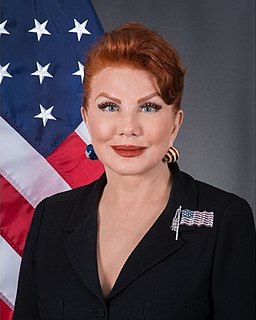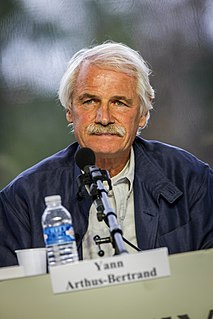A Quote by Li Keqiang
I want the voice of developing countries to be stronger.
Quote Topics
Related Quotes
Some of the developing-country governments and populations are tired of having things rammed down their throats, but we're not yet at the stage we want to get to, namely where the developing countries join forces with one another on behalf of creative alternative ideas about how to take things forward.
Exporters monitor economic and political policies to the developing world, but the consequences of that have been to make developing countries far more sensitive to the constant fluctuations. Developing countries are not always allowed to support their farmers in the same way as the U.S. or Europe is. They're not allowed to have tariff barriers. They're forced, more or less, to shrink their social programs. The very poorest people have fewer and fewer entitlements. The consequence of this has been that there's been a chronic increase in the vulnerability of those economies to price shocks.


































